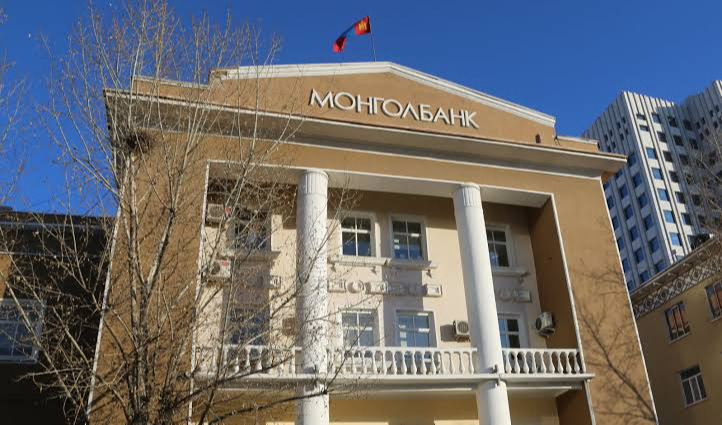
At the scientific conference hosted by Mongol Bank on December 23, economic expert O.Nomunshur presented a comprehensive analysis of the country’s central bank objectives, governance, operational guidelines and the critical legal reforms needed to address current economic challenges. In her report, O.Nomunshur emphasized that the primary driver of inflation in the upcoming years will be the budget expansion and cash distribution typically associated with election years. She explained that these fiscal policies, while politically motivated, tend to increase inflationary pressures in the year following an election.
O.Nomunshur pointed out that since 2008, the government has consistently expanded the budget ahead of elections, and this trend has contributed significantly to economic instability. According to her analysis, similar fiscal strategies were expected in 2023 in preparation for the 2024 election, which would likely lead to further inflation. She highlighted that the inflation rate, which stood at 5.1 percent in June, had already risen to eight percent by November, with the likelihood of further increases in the coming years. “Budget expansion and the distribution of funds, such as the dividends from Erdenes Tavan Tolgoi, become imported goods for the consumer country, which increases the outflow of foreign currency and exacerbates inflation,” she said.
The expert also examined Mongolia’s economic history, noting the key milestones that shaped the country’s banking system. She discussed the transition to a market economy in 1990 and the subsequent passing of the Law on Banking in 1991, which established a two-tier banking system. This was followed by the adoption of the Law on the Central Bank in 1996, which laid the foundation for an independent central bank and a robust banking supervision system. O.Nomunshur traced Mongolia’s economic recovery, particularly after the Oyu Tolgoi Project in 2009, which significantly boosted foreign investment, though it failed to accumulate sufficient foreign exchange reserves.
In her report, she also addressed the impact of fiscal expansion and the increasing external debt, which now stands at around 170 percent of GDP. She cited the issuance of the Chinggis Bond in 2012 as a key moment when the country’s external debt rose sharply, leaving the country vulnerable to future economic shocks. She compared the current economic situation to previous crises, such as the financial difficulties faced in 2008 and 2016, highlighting the role of fluctuating commodity prices and external debt in shaping Mongolia’s economic trajectory.
O.Nomunshur noted that the increase in government spending and the growing reliance on foreign exchange interventions could lead to a repeat of the economic instability seen in the past. She pointed out that the country’s annual growth rate of imports has surged by 26 percent since 2024, while exports have not seen corresponding growth. This imbalance, coupled with declining global commodity prices, mirrors the situation in 2016, when external market conditions were similarly unfavorable.
In addition to her analysis of the current economic situation, O.Nomunshur provided several key recommendations to improve Mongolia’s monetary and fiscal policies. She stressed the need to clarify the target of the central bank, which she said is currently too ambiguous, making it difficult to implement effective monetary policy. She also recommended that Mongol Bank set a medium-term inflation target, which would help anchor expectations and provide clearer guidance for both investors and consumers. Furthermore, she advised the central bank to avoid excessive foreign exchange interventions, which, according to her, could distort market mechanisms and exacerbate long-term economic imbalances. Finally, she called for broader legal reforms to ensure that the central bank remains independent and capable of navigating economic challenges without undue political interference.
Concluding her report, O.Nomunshur emphasized that maintaining the independence of the central bank is crucial for the economic sovereignty of Mongolia. She pointed out that 214 countries globally have central banks, and the independence of these institutions is a fundamental pillar for managing inflation, ensuring stability,and fostering long-term growth.